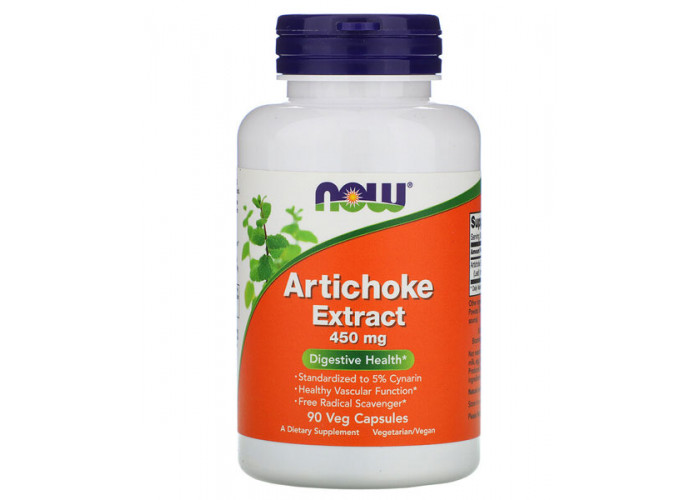Introduction
In the vast and ever-expanding world of nootropics, where individuals seek cognitive enhancement and brain optimization, artichoke extract stands out as a unique and intriguing player. Traditionally celebrated for its culinary uses, the artichoke has recently garnered attention for its potential cognitive benefits. In this comprehensive guide, we will delve into the potential cognitive advantages of artichoke extract nootropics, examining the scientific evidence, mechanisms of action, and considerations for those curious about incorporating this natural compound into their cognitive enhancement journey.
Understanding Artichoke Extract
Artichoke extract is derived from the leaves of the artichoke plant (Cynara scolymus), a vegetable with a rich history in Mediterranean cuisine. Beyond its culinary applications, modern science has unveiled a plethora of bioactive compounds within artichoke leaves, sparking interest in its potential cognitive-enhancing properties.
Choline Metabolism Enhancement
One of the key components found in artichoke extract is luteolin, a flavonoid with potential cholinergic properties. Choline is a precursor to acetylcholine, a neurotransmitter crucial for cognitive functions such as memory and learning. Research suggests that luteolin may inhibit an enzyme called acetylcholinesterase, responsible for breaking down acetylcholine. By modulating cholinergic activity, artichoke extract may contribute to improved cognitive processes associated with acetylcholine.
Antioxidant Properties
Artichoke extract is rich in antioxidants, including compounds like cynarin and quercetin. These antioxidants play a vital role in combating oxidative stress, a process implicated in age-related cognitive decline and various neurodegenerative disorders. By neutralizing free radicals, artichoke extract may contribute to the maintenance of optimal brain health.
Anti-Inflammatory Effects
Chronic inflammation has been linked to cognitive impairments and neurodegenerative diseases. Artichoke extract contains bioactive compounds with anti-inflammatory properties, potentially modulating inflammatory pathways in the brain. This anti-inflammatory action may contribute to a neuroprotective effect, supporting overall cognitive function.
Potential Dopaminergic Modulation
Preliminary research suggests that artichoke extract may influence dopamine, a neurotransmitter associated with motivation, reward, and mood regulation. While the mechanisms are not fully understood, this modulation of the dopaminergic system could have implications for cognitive processes related to motivation and focus.
Improvement in Memory and Learning
The potential enhancement of acetylcholine levels, coupled with antioxidant and anti-inflammatory effects, may contribute to improvements in memory and learning. Some studies have explored the impact of artichoke extract on cognitive performance, with promising results in terms of memory retention and information processing.
Liver Support and Detoxification
Beyond its cognitive benefits, artichoke extract is renowned for its hepatoprotective properties. The liver plays a crucial role in detoxifying the body, and artichoke extract has been studied for its ability to support liver function. A healthy liver is essential for overall well-being, and the interplay between liver health and cognitive function is an area of growing interest.
Considerations and Potential Side Effects
While artichoke extract holds promise as a nootropic, it’s essential to approach its use with careful consideration. Individual responses can vary, and potential side effects or interactions should be taken into account.
Allergic Reactions
Individuals with allergies to plants in the Asteraceae family, which includes artichokes, may experience allergic reactions to artichoke extract. It’s crucial to be aware of any existing allergies before incorporating artichoke extract into a nootropic regimen.
Gastrointestinal Effects
Some users may experience mild gastrointestinal effects, such as bloating or digestive discomfort when taking artichoke extract. Starting with a lower dosage and gradually increasing it may help mitigate potential digestive issues.
Interaction with Medications
Artichoke extract may interact with certain medications, particularly those affecting liver function. Individuals taking medications or with pre-existing medical conditions should consult with a healthcare professional before adding artichoke extract to their routine.
Dosage Considerations
Determining the optimal dosage of artichoke extract for cognitive enhancement can be challenging. Research on the ideal dosage is limited, and individual responses may vary. Starting with a low dosage and monitoring for effects is advisable.
Quality of Supplements
The quality of artichoke extract supplements can vary among brands. Choosing products from reputable manufacturers that adhere to quality standards and provide third-party testing can help ensure the purity and potency of the supplement.
Conclusion
Artichoke extract nootropics offer a promising avenue for individuals seeking natural cognitive enhancement. With potential benefits ranging from choline metabolism enhancement to antioxidant and anti-inflammatory effects, the bioactive compounds within artichoke extract present a multifaceted approach to supporting cognitive function. As research in this field continues to evolve, it is essential to approach the use of artichoke extract with mindfulness and consideration for individual factors, including allergies, existing medications, and potential side effects.
Navigating the world of cognitive enhancement requires a balanced and informed approach, and artichoke extract stands as an intriguing option in the pursuit of optimal cognitive well-being. Whether you are a seasoned nootropic enthusiast or exploring cognitive enhancers for the first time, artichoke extract offers a natural and holistic approach to supporting your brain health and cognitive function.
- Top CBD Gummies from Just CBD: A Fun, Flavorful Review & Comparison - August 21, 2024
- The Comprehensive Guide to Vitamin K2 Unveiling Its Multifaceted Health Benefits - November 10, 2023
- Vitamin A: Unveiling Its Multifaceted Health Benefits - November 10, 2023

